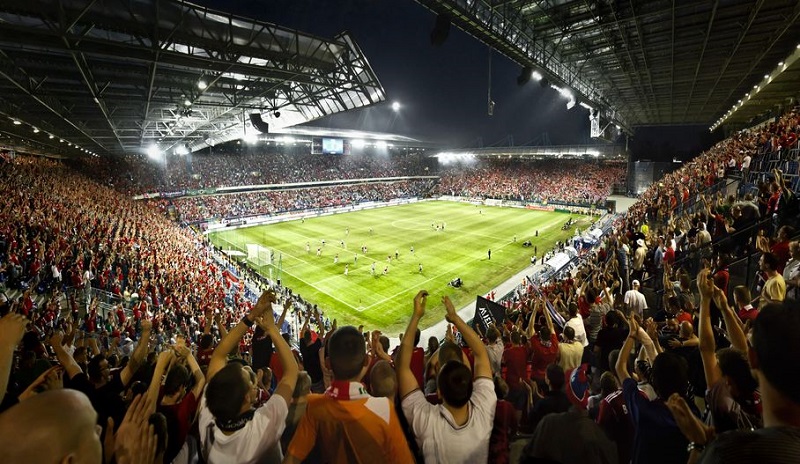Note that your final mark will not be saved in the system.
3.1–3.3 Major sporting events: features and their positive and negative aspects GapFill
You must fill all the gaps before clicking ‘Check Answers!’

For a sporting event to be classified as a major sporting event, it must have two specific features that distinguish it from events of a minor type.
Features of major sporting events:
1. – major sporting events are placed into three categories based on the regularity with which a specific country or city hosts the event:
| One-off | This is where a city or country will get the opportunity to host an event only once every . Events of this type are usually played on a global scale involving numerous different countries, such as the Olympic and Paralympic Games and . They occur less frequently – usually biennially (every two years), such as the , or quadrennially (every four years), such as the . For example, from a possible 28 Olympic Games as of 2020 and since their formation in 1896, London has hosted them only three times: in 1908, 1948 and . These are important events as they are usually held on a grand scale with the years leading up to it spent training and qualifying. They also receive a lot of to reinvest in infrastructure in the host nation or city. |
| This is where a city or country will be given the opportunity to host an event more than once in a short period of time. As such, they are usually played and are more likely to be played on an intracontinental level, such as the final match of the European Champions Cup in rugby and the UEFA Champions League in football. For example, out of a possible 65 Champions League finals as of 2020, the event has been hosted by the home nations a total of 11 times – that's one in every six finals. These are important events as they occur frequently, allowing a city or country to host the event again in the space of a few years. | |
| This maintains the regularity of the previous category, but differs in that the city or country is contracted to hosting an event for a given number of years, or the same nations compete in the event each time. For example, each event of the Formula One World Championship is contracted to circuits in a number of different countries, such as in the British Grand Prix and Monza in the Italian Grand Prix. The Six Nations is also an example of a major sporting event played annually, where the same nations (England, Scotland, Ireland, Wales, France and Italy) compete each year, hosting two or three games each. These are important events as they guarantee the same city or country to host the event for a number of years. |
2. The nature of participants and – this feature of major sporting events can be achieved through the competing nations or performers involved, and thus the level of interest and support it receives in different parts of the world. A good example of this is in football, where the main knockout competition – the FA Cup – is broadcast in many different countries despite being competed solely in England and Wales.